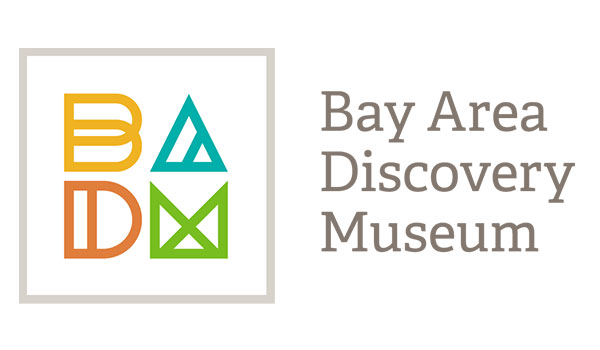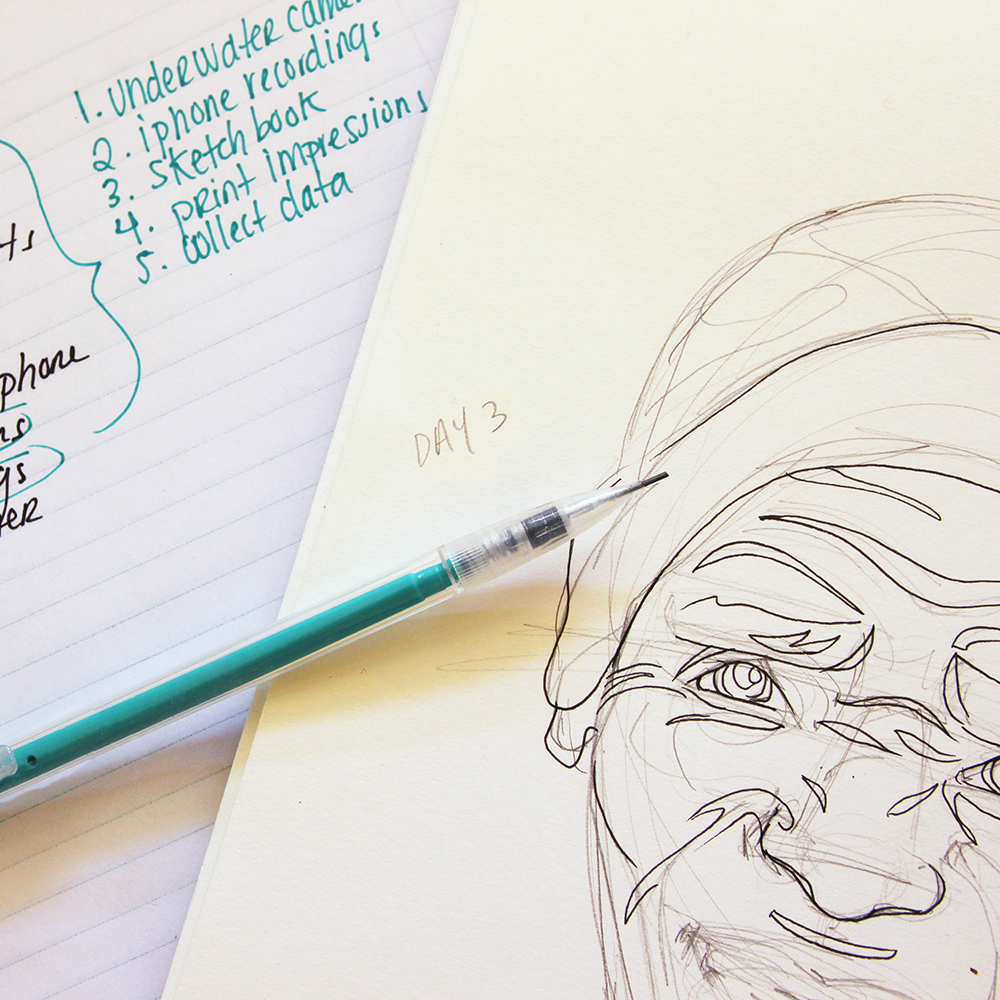Creative and innovative people need to keep track of their ideas so they aren’t forgotten, and so they can return to seeds of ideas at a later time. This weeklong challenge pushes children to practice this underappreciated skill to discover which ways of capturing ideas work best for them. Deliberate practice that involves regular and creative capturing of ideas is beneficial for awareness and expertise.
Materials Required
- Paper
- Pen or pencil (something to write with)
- Whatever materials you need for the five ways that you plan to try capturing ideas (could be a notebook, chalk, a telephone, a camera, a shoebox, or more)
Instructions
Day 1:
- Make a list of 10 different ways to capture creative ideas. For example: labeling a box for the project, taking 10 photos each day, calling a friend to talk about ideas at the end of the day, carrying a small notebook and pen at all times, scheduling 20 minutes during lunch to type ideas out on the computer, drawing pictures in a sketchbook, or recording audio notes throughout the day. If you already have a way of tracking ideas, try to experiment with small changes to make it better. For example, if you always have a notebook and write words, try drawing a picture for each page.
- From the 10 written ideas, pick five different methods to try. Number the ideas #1 - #5, and gather the materials to try each one.
Day 2:
- Try method #1 all day. Capture as many creative ideas as possible. At the end of the day, store these ideas.
Day 3:
- Try method #2 all day. Capture as many creative ideas as possible. At the end of the day, store these ideas.
Day 4:
- Try method #3 all day. Capture as many creative ideas as possible. At the end of the day, store these ideas.
Day 5:
- Try method #4 all day. Capture as many creative ideas as possible. At the end of the day, store these ideas.
Day 6:
- Try method #5 all day. Capture as many creative ideas as possible. At the end of the day, store these ideas.
Day 7:
- Look back at five days of captured ideas.
- Get together with a friend or an artistic mentor and share the collected ideas. Talk about what worked and what didn't. Consider these questions:
- Were you able to record all of the ideas that you wanted to?
- When you looked back at the ideas after a few days, did you fully recall why you had thought this worthy of capturing?
- What method was the best for you to capture interesting ideas from ordinary situations?
Additional Tips
Start planning how to capture ideas for your next project.


